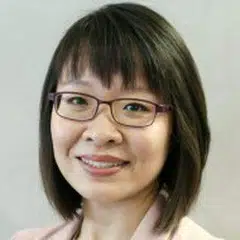Post-70s generation CPC stars jockey for position ahead of 20th Party Congress in 2022
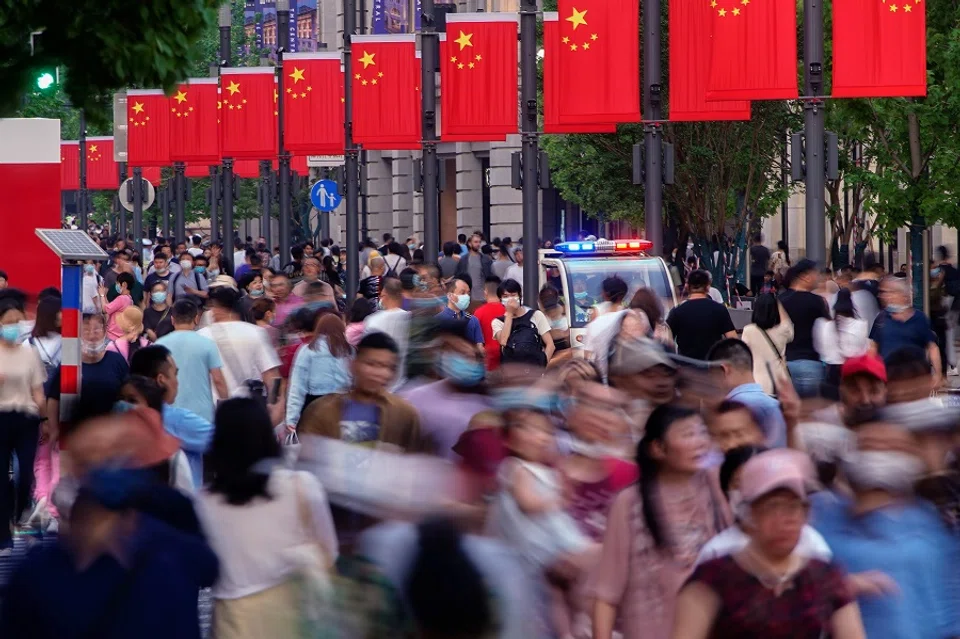
Ahead of the Communist Party of China (CPC)'s 20th Party Congress in 2022, vigorous leadership changes are underway. Numerous political stars born in the 1970s have become members of the standing committees of the CPC provincial-level committees, showing their prominence in China's political arena.
According to news released by the publicity department of the CPC's Yunnan Provincial Committee (云南发布) on 8 May, the leadership team of Yunnan Provincial Committee welcomed a new face: provincial standing committee member Liu Hongjian, who was born in 1973. Upon his graduation in 1993, Liu Hongjian had always worked in Fujian. It was not until July 2020 that he accepted a new cross-province appointment to become vice governor of Yunnan province.
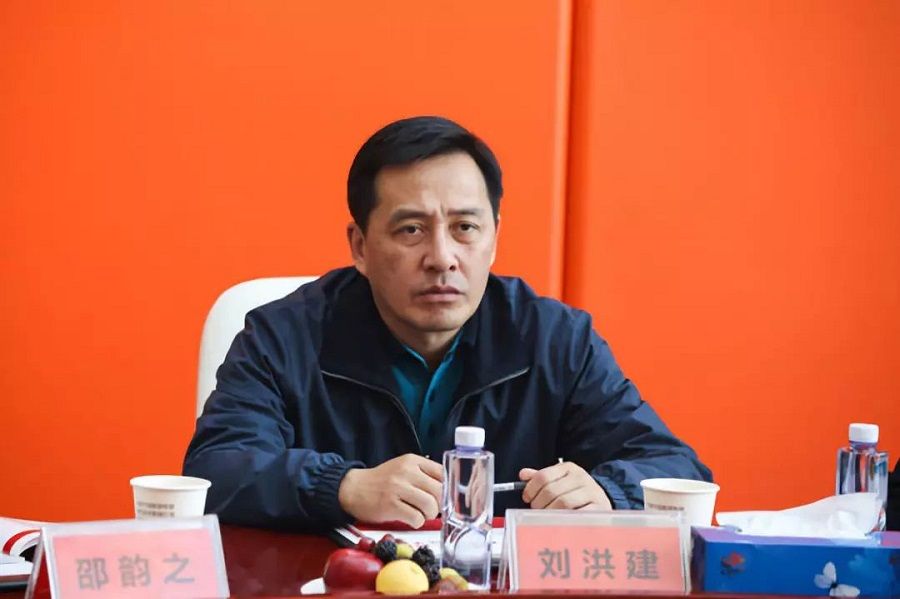
This post-70s official has often broken the record for being "the youngest" in the positions he has held. When he became mayor of Nanping city, Fujian province in 2018, he was Fujian's youngest prefectural official. When he became vice governor of Yunnan province last July, he was Yunnan's youngest vice governor. Now that he has become a provincial standing committee member of Yunnan, Liu Hongjian is currently the youngest provincial standing committee member in the CPC.
Another post-70s official that has recently become a provincial standing committee member is Li Yunze, who was born in 1970. According to news released by a media website under Sichuan Daily, Chunguan Xinwen (川观新闻), on 8 May, this vice governor of Sichuan province has recently become a provincial standing committee member of Sichuan. Li has long worked in the banking sector and was assigned to his post in Sichuan when he was still vice president of the Industrial and Commercial Bank of China, becoming a "vice governor from the financial circle".
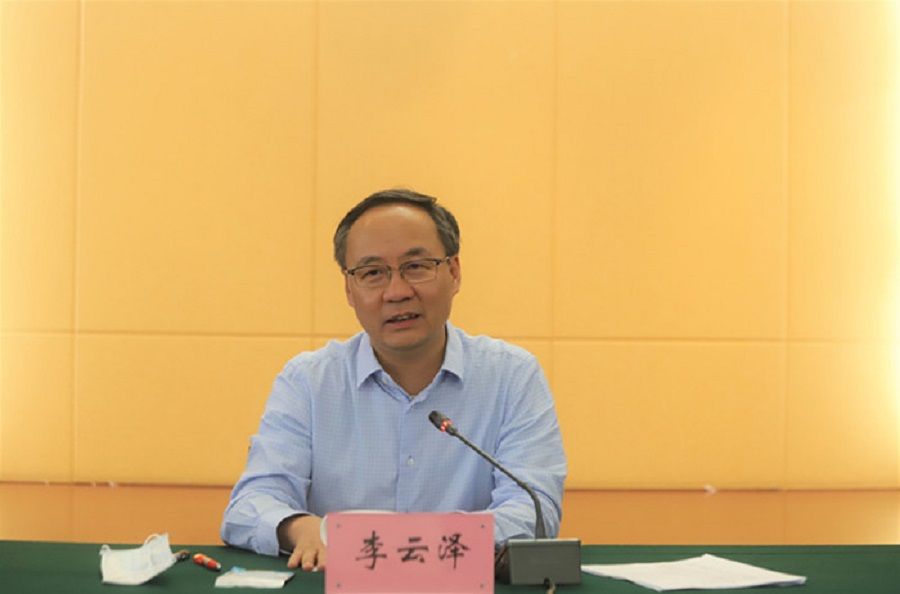
It was stressed at a politburo meeting held in June 2018 and attended by higher-ups in the CPC that attention must be given to discovering, nurturing, and selecting outstanding young cadres. Over the past few years, the post-70s talents have rapidly entered China's political arena. Among provincial- and ministerial-level officials, there is no shortage of officials born during the 1970s. As of last October, leadership positions in all of China's 31 provinces, municipalities, and autonomous regions already include post-70s cadres.
Post-70s generation still not in top positions at the provincial level
However, most of them are at the deputy-level in provincial governments and few of them have a seat in the provincial standing committee. At present, in various Chinese provinces, municipalities, and autonomous regions, there are only ten post-70s provincial standing committee members, out of which five have just been appointed this year.
Apart from Liu Hongjian and Li, provincial standing committee member of Hainan province and secretary of the CPC Sanya Municipal Committee Zhou Hongbo, as well as provincial standing committee member of Jiangsu province and secretary of the Political and Legal Affairs Commission of the CPC Jiangsu Provincial Committee Fei Gaoyun became members of the standing committees of the CPC provincial-level committees in January this year. Xia Linmao, member of the Standing Committee of the Beijing Municipal Committee and secretary of the Dongcheng district party committee became a provincial standing committee member in February this year.
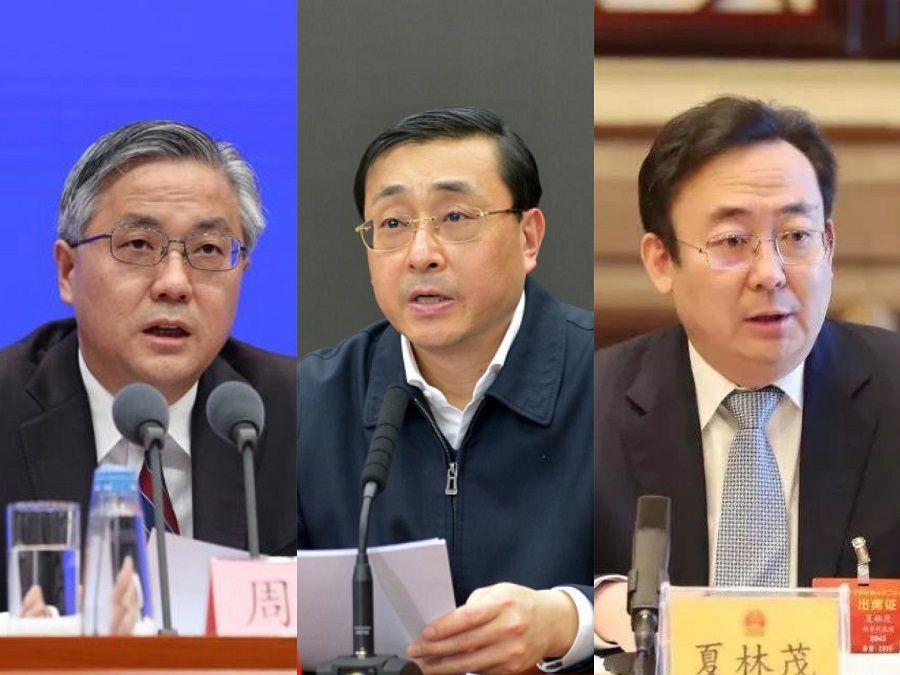
Last year, two post-70s officials became provincial standing committee members. They are Lian Maojun, member of the Standing Committee of the Tianjin Municipal Committee and secretary of the Binhai New Area district party committee, as well as Liu Qiang, member of the standing committee and secretary-general of the CPC Shandong Provincial Party Committee.
The other three post-70s officials who are not new to being provincial standing committee members are Liu Jie, provincial standing committee member of Guizhou province and director of the Organisation Department of the CPC Guizhou Provincial Committee; Shi Guanghui, provincial standing committee member of Guizhou province and secretary of the Political and Legal Affairs Commission of the CPC Guizhou Provincial Committee; and Zhuge Yujie, member of the Standing Committee and secretary-general of the CPC Shanghai Municipal Party Committee.
The first to join a provincial-level standing committee was Liu Jie, born in 1970. In November 2016, he was appointed as provincial standing committee member and secretary-general of the CPC Jiangxi Provincial Party Committee, the youngest standing committee member at the time. In May 2018, he was moved to Guizhou in the same capacity.
Zhuge and Shi became provincial standing committee members in 2017 and 2018 respectively; these two are classic "Shanghai camp" politicians who got their education and political experience in Shanghai.
Zhuge, born in 1971, has spent his entire political career in Shanghai. He was appointed to the party standing committee for Shanghai in May 2017, where he was the CPC's youngest provincial-level standing committee member until Fei - three months younger than Zhuge - was promoted to the same level and position.
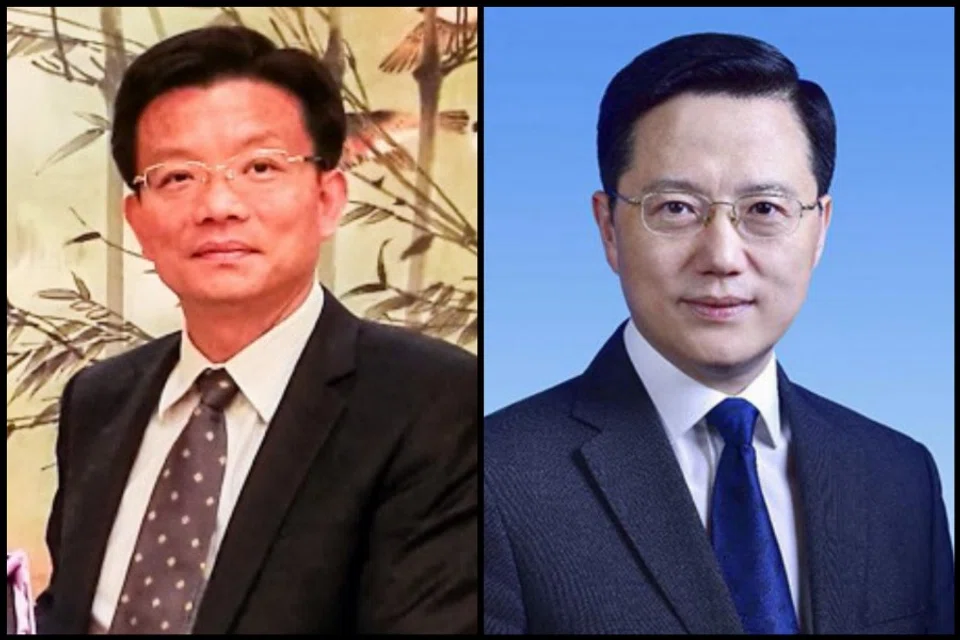
Shi, born in 1970, also held a longtime position in the "political highland" of Shanghai. After graduating from university in 1991, he spent 27 years in a state-owned enterprise and also in the government in Shanghai. When he became deputy mayor of Shanghai in 2013, he was the only post-70s occupying a deputy ministerial position in China. In 2018, he became the provincial standing committee member for Guizhou, and secretary of the Political and Legal Affairs Commission of the CPC Guizhou Provincial Committee.
These top officials of the post-70s generation are ahead of their peers, but this does not mean that their future careers will be smooth sailing.
Reshuffles in the next few months will be crucial
In autumn next year, the CPC will hold its 20th Party Congress, and changes to party committee members have begun on various levels - province, city, county, and village - in preparation for the session, in terms of organisation and to pave the way for personnel changes.
Right now, there are just months to go before the very important provincial party congresses, which will be held before the 20th Party Congress. This is a key stage in personnel distribution among provinces and cities, during which there will be adjustments to the demographics of the provincial committee leaders in terms of age; those officials who are approaching or have reached a certain age will retire or get transferred elsewhere ahead of schedule, to make way for new blood.
Following this round of changes, the post-60s generation officials will be the main force of the provincial-level leadership, and those from the post-70s generation who make it into the provincial-level standing committees are names to watch. As leaders of the 1970s pack, some of them might make it into the new Central Committee at the 20th Party Congress.
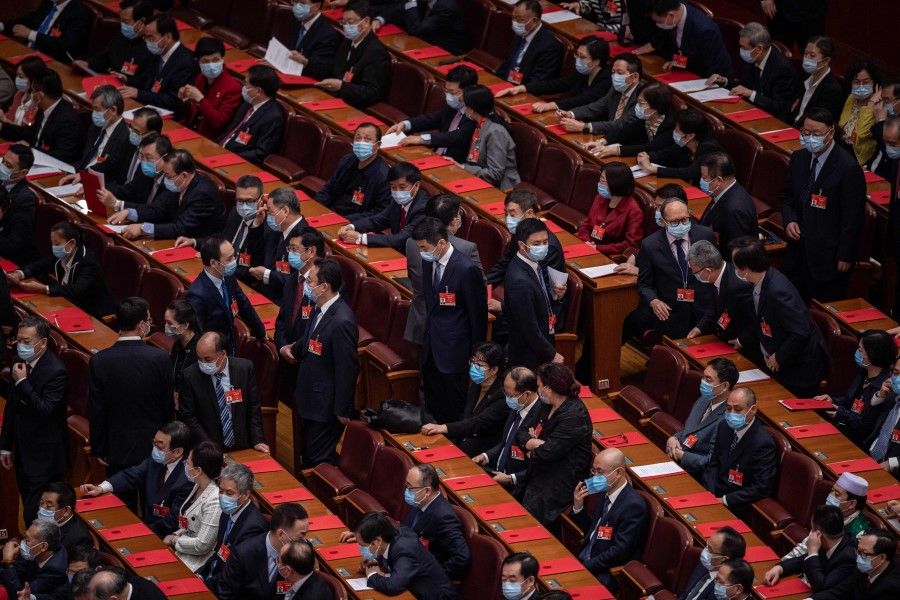
These top officials of the post-70s generation are ahead of their peers, but this does not mean that their future careers will be smooth sailing. If they want to climb, their thinking capabilities and abilities will need to be tested further and they will need to gain the trust of their superiors.
At the 18th National Congress in 2012, Liu Jian - born in 1970 and the secretary of the prefectural committee of Hami in Xinjiang - became an alternate member of the 18th CPC Central Committee, the only one from the post-70s generation to make it in. However, the career of this early standout was not smooth; he stepped down from his position before the 19th Party Congress in 2017, and later faded out of politics.
As the 20th Party Congress approaches, personnel changes for various provinces and cities will continue. More stars from the post-70s generation are expected to shine, but given the intense selection and competition among the CPC cadres, it is still too early to say how far they will go.
Related: The CCP's massive left turn and the post-Xi political landscape of China | The great reshuffle: How China is changing up its provincial leaders ahead of the 20th Party Congress in 2022 | China's next Five-Year Plan focuses on security, stability and quality of development; adopts a more subdued tone
